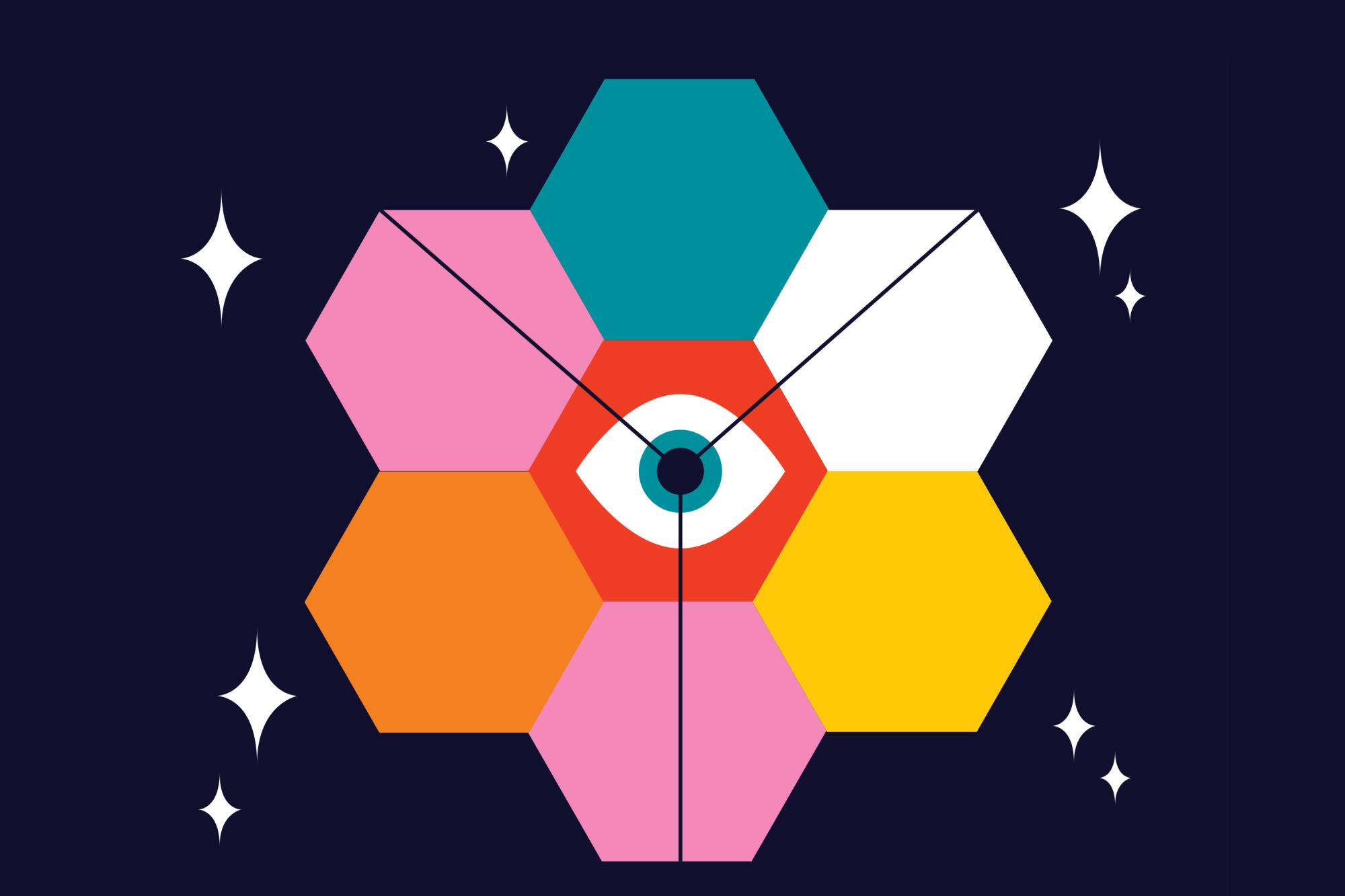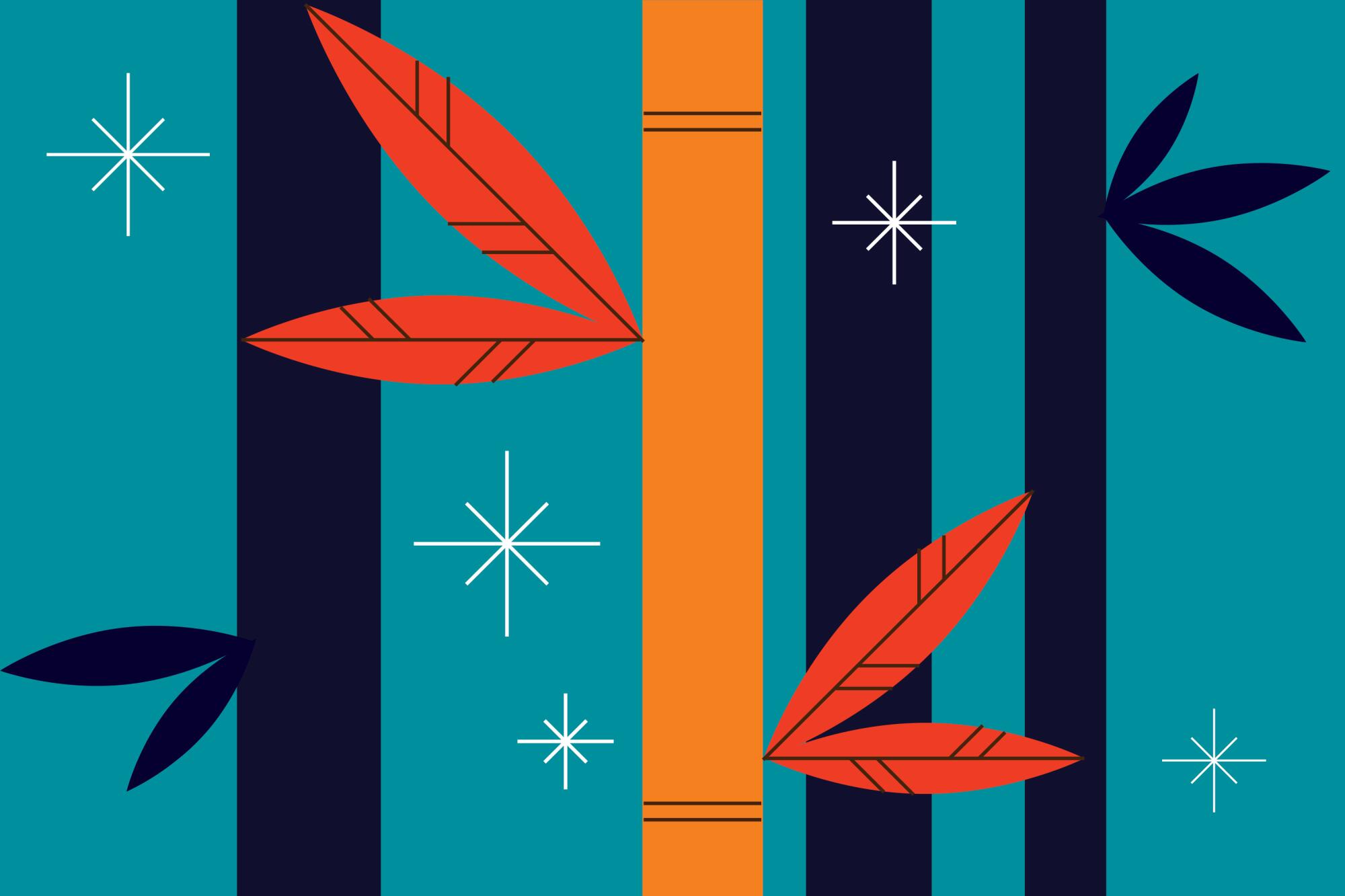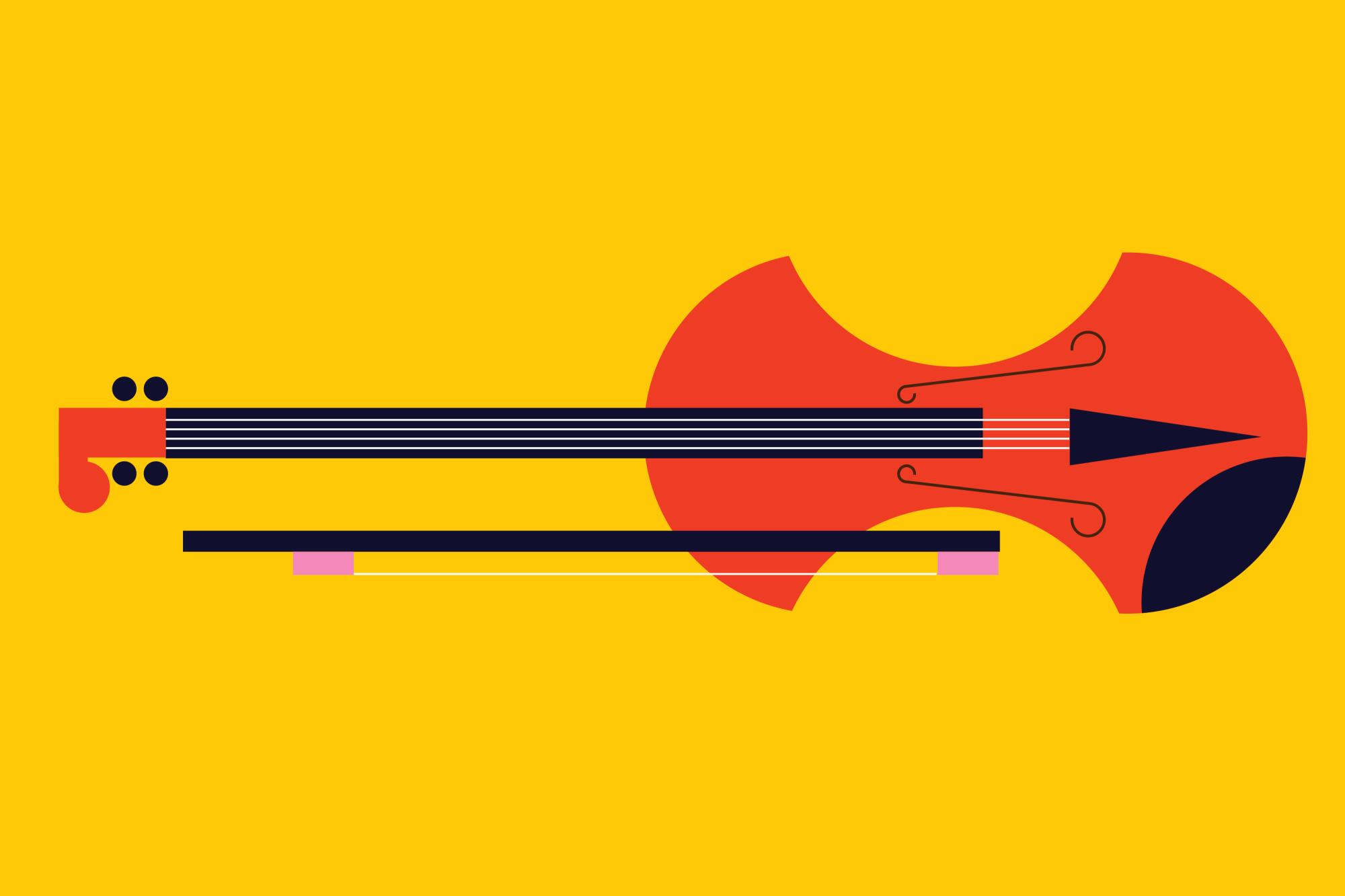
We asked some prominent Californians to share something that brought them comfort during this challenging year. Their answers remind us that while difficulties can’t be ignored, there are moments of joy to be found — in listening to music on the radio, in the pages of a book or in watching a young child dance.
———————————
NASA’s James Webb Space Telescope was a bright spot in an otherwise difficult year. The images inspired awe and even disbelief in our family as we looked at them together. With so much in the news being cause for sadness, concern or full-blown alarm, the pictures being sent back from the telescope were welcome reminders that our reality is profoundly strange and mysterious. And the fact that hundreds or thousands of people worked on it together for years, and then actually launched it into space so it could see all the way back to billions of years ago, is a reminder of what might still be possible if we continue to believe in human ingenuity and cooperation.
— Charles Yu is the author of “Interior Chinatown,” winner of the 2020 National Book Award for fiction.

———————————
Live radio got me through this year, my favorite deejays and fellow listeners streaming through the speakers of a vintage wooden stereo my ex-husband bought me at the Rubidoux Drive-In Swap Meet. In the early morning, it’s Jimmy Reyes on Old School 104.7 FM, favorites like “Angel Baby” and “More Bounce to the Ounce” to start the day. At 10, I switch to Marci Wiser on 95.5 KLOS-FM for classic rock, and her comic timing with the contractors, delivery drivers and working women like me who request songs for Lunchtime Boot Camp, with themes like Speed, Blue, Rain or Free Ride. When Montrose’s “Bad Motor Scooter” or the Allman Brothers’ “Midnight Rider” come on, I commune with my brother, who died in 2002.
I leave the radio when Marci does, at 3, because I have my elderly mom to take care of, but at night, I sit in the same chair where my three daughters watched me pay bills and grade papers to Art Laboe playing Killer Oldies. California’s heart was broken when Laboe, 97, passed away in October; I had just typed the final pages of my new book, in which he is a character, his decades of dedications over the phone, women calling husbands far away, friends dreaming of the good old days when we cruised or partied in the local park. Laboe lives on thanks to 104.7 FM, with Joanna Morones and Old School Becky Lu curating the Love Zone, playing vintage Laboe, but also the voices who still call to wish Art good night.
I don’t have Spotify and have never listened to a podcast — that sounds crazy, but I love the spontaneous nature of live radio, the deejays and listeners in charge. Even when I’m alone, with live radio I’m with my people, all day and night, other humans choosing songs and listening as I am, in the light or the dark.
— Susan Straight is a writer in Southern California. Her most recent novel is “Mecca.”
———————————
It would be easy to say that the opening of the Cheech would give me all the comfort anybody could ever want, and you would be right. But my most comforting moment was watching a 4-year-old girl dancing in front of a huge lenticular piece at the museum. She was dancing a duet with her own reflection. Completely transported, she almost seemed to disappear into the artwork, to become one with it. I thought at that moment that there is hope for humanity and that art has accomplished its purpose.
— Cheech Marin is an actor, writer and art collector. He is the founding donor of the Cheech Marin Center for Chicano Art & Culture of the Riverside Art Museum.
———————————
I read a lot of books this year, but none captivated and intrigued me as much as the new novel by the Egyptian American writer Noor Naga. Her book “If an Egyptian Cannot Speak English” tells the story of an American expatriate living in Cairo, and the love affair she has with the city and with a broken survivor of the Arab Spring. Naga’s prose is stunning and sharp, a dagger aimed at the inequities and the absurdities of empire. Her novel made me grateful for literature and all its gifts.
— Héctor Tobar is the author of the novels “The Last Great Road Bum” and “The Barbarian Nurseries” and other books.
———————————
As the sun rises each morning over the Berkeley Hills, a small east-facing window in my home frames a thicket of bamboo. On foggy Bay Area mornings, I watch pale light break through the cloud cover and illuminate jewel-like droplets of water condensing on these knobby reeds. Amid a chaotic year, I have found peace and a sense of quiet delight in pausing to commune with our natural world in these fleeting yet restorative moments.
— Jennifer Doudna is a UC Berkeley biochemist, Innovative Genomics Institute founder and Nobel laureate for co-inventing CRISPR technology.

———————————
In 2022, my wife, Trini, and I spent a week on the Dine Nation (Navajo reservation). The Dine have suffered much, but we found family, healthy traditions, human dignity. My own Indigenous roots are with the Mexica and Rarámuri of Mexico. Indigenous cosmology, as valid today as in the past, helped give me perspective during the previous two years, as we experienced the worst pandemic in 100 years, the worst inflation in 40 years, what feels like the most acute race and class divisions and major threats against democracy. But, as things unravel, we can re-weave the venerable mainstays of love, peace and justice on higher levels. We must work to discern what must die — things holding us back in our persons, families, communities and nations — and allow what needs to be born. All fabricated things — such as borders, belief systems, economics and politics — should be re-seen and challenged as we move forward toward shared well-being.
— Luis J. Rodriguez is the author, most recently, of “From Our Land to Our Land: Essays, Journeys & Imaginings of a Native Xicanx Writer.”
———————————
Before the pandemic, my son Ellison (then 6) and I were on tour promoting a children’s book that he came up with, “Chicken of the Sea,” about bored chickens who run off to become pirates. Then COVID-19 stopped all in-person book events. But in the last few months, we’ve been able to return to the road. I love spending time with Ellison, seeing the world with his fresh eyes. I hope all parents and children get similar opportunities: to be creative and joyful together, to share something precious with each other and to share themselves with the world and other people. A book tour is a unique experience, but we all have chances to give of each other to each other. I hope the gift my son receives from this, besides fond memories of his father, is learning how to give of himself.
— Viet Thanh Nguyen is a writer and professor of English at USC. His debut novel, “The Sympathizer,” won the 2016 Pulitzer Prize for fiction.

———————————
Throughout this past year, nothing has given me more comfort and joy than my family. Before I even thought about running for mayor, family and friends began to plant the seed — including my daughter Yvette and her husband, Michael. The city they grew up in was in crisis — on any given night, 40,000 people were sleeping on the streets. I set off on an inspiring and challenging campaign — one I wouldn’t have been able to run without my daughters, my son and my grandkids by my side. The joy of my kids, especially my grandkids, fills me with hope for the future of this city. All our young people have ever known is tents on sidewalks — but it brings me comfort knowing that it doesn’t have to be this way. And it won’t.
— Karen Bass is the mayor of Los Angeles.
———————————
After the terrible moments of the pandemic, there was our Encuentros Orchestra, formed from top musicians from El Sistema-inspired programs from 22 countries playing together at the Hollywood Bowl. At the same time, we had the YOLA National Festival. We were surrounded by young people. It was the best thing possible.
— Gustavo Dudamel is the music and artistic directorof the Los Angeles Philharmonic, Walt and Lilly Disney chair.

———————————
For nearly 38 years, I’ve been privileged to walk with gang members and felons and they have altered my heart. Ending a talk with me in my office at Homeboy Industries, Joseph punctuates it by saying, “Life is removing the blindfold.” He is the shape of God’s heart.
I ask him, “Yes, but what do you see when the blindfold falls?” After his years of incarceration, gang involvement and heroin addiction, I suspected he might say shame, guilt, the “error of my ways.” Regret. “What do you see, Joseph?” He pats his chest. “I see my goodness.” “Yes,” I tell him. “It is unshakeable.” I am grateful to Joseph for that reminder.
“And the soul felt its worth,” as the Christmas carol tells us. There is a prayer written by a medicine woman that wisely says, “I will not heal you for I see you in your wholeness. I will walk with you through the darkness as you remember your light.” The blindfold falls. All hearts are altered.
— Gregory J. Boyle, a Jesuit priest, is the executive director and founder of Homeboy Industries in L.A.
More to Read
A cure for the common opinion
Get thought-provoking perspectives with our weekly newsletter.
You may occasionally receive promotional content from the Los Angeles Times.









